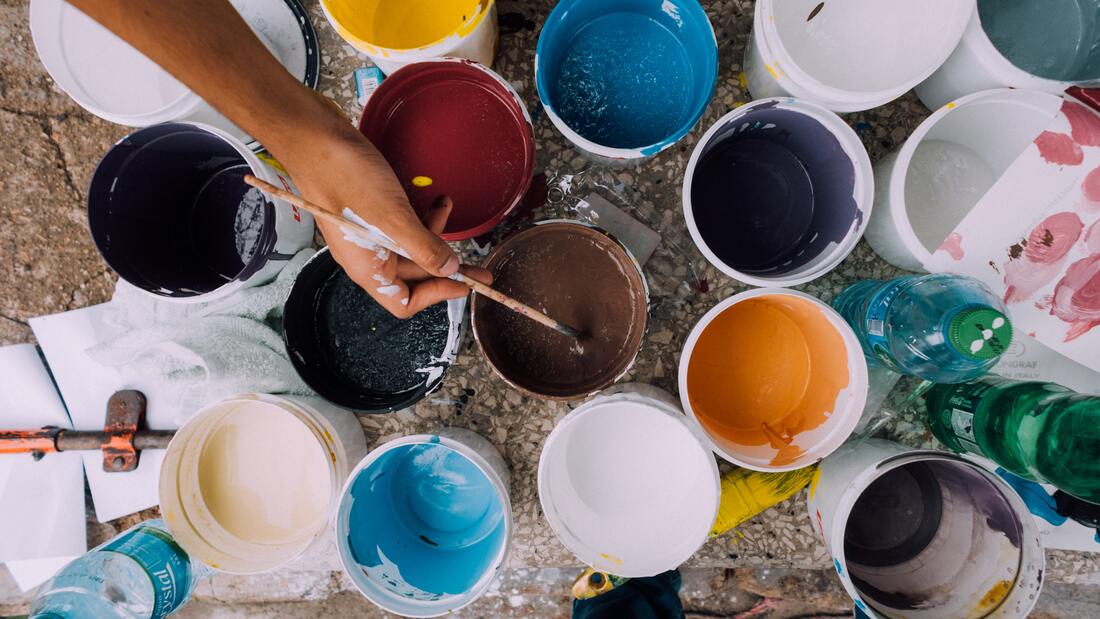|
If you’re an artist of any kind, particularly if you’re starting to show your art to the public, getting reviews is incredibly important. Having your work looked at and talked about will help so much in getting people to know your art. Whether you’re releasing an album, have a live performance, or are putting together an exhibition, here’s how to get your art reviewed. Why get a review?
There are several benefits to getting reviews. They’re important promotional work, particularly for artists who don’t have a team behind them. These include:
So, are you ready to see how you can start getting reviews? How do You go About Getting a Review? Before anything else, it’s important to note that this type of work is a bit more intensive at the beginning and will become increasingly easier when you’ve established a few connections. This might seem like an impossible task, but that’s why we’re breaking everything down for you. Do your Research Before anything else, look into the important players in your niche — publications, critics, press agents, curators, cultural centers, etc… Understanding who is who and where things are happening will let you know who you should know and contact. If you’ve set up an exhibition or a play, look for local critics who could travel to see your work in person. If you’re releasing an album or song, look into publications, particularly the ones that specialize in your genre. As you’re researching, compile a list of names and contacts to have everything ready and easily accessible for that first e-mail. Craft a Great Message More and more people make and share art. Which is great! But it means reviewers — especially ones who work for magazines — have to decide if something’s worth their time quickly. Make sure you craft a message that is short, to the point, and captivating, or you risk your work not even being looked at. When you’re sending something to a publication, double-check that the reviewer has everything they might need. This includes information about who you are, your project’s name and genre or type, the release or premiere date, any necessary media, and a download link. If you’re a completely new artist consider including a comparison to a well-known artist’s work — “sounds like x” — or even a trailer, such as this one of SZA’s latest album. Lastly, have all elements you send be as clean and professional as possible, including graphic elements like album covers or images to be published. Don’t forget to pay attention to details like proper file labeling. People, especially if they’re sifting through hundreds of submissions, do judge a book by its cover. Then, send your message. Tip: Be confident in your work. No need to ask if a music review publication accepts submissions. That’s what they do. Worst case scenario, they don’t do a review of your work. Consider Timing Your goal is to have a review drop a bit before or immediately after a debut or release or premiere so that you attract a bigger audience. If a review is published too early, you run the risk of any hype being lost because the release date is too far. This means you need to think about when to submit something to be reviewed, and when to invite a critic to your event. According to electrozombies, for a music release, the timing could differ based on whether it’s a song or an album, and the type of publication — a blog or podcast. With one song, anything from 2–3 weeks to a few days before could work. With an album, 6–8 weeks is advisable, so that the album has time to be listened to repeatedly and there’s enough time for the review to be out about 1 week before the album release. When it comes to a performance or an exhibition, give as much time as possible before the debut 3–4 weeks at least. The reviewer of an in-person event won’t have early access to your work, so there’s no chance the review is published too early. It’s good practice to be considerate of your reviewer’s time and invite them ahead of time. It’s all About Reciprocity A reviewer and an artist have a symbiotic relationship. To guarantee continued collaboration, it’s important to be openly grateful and considerate to the publication or critic that reviewed your work. So, after a review is published, share it on all of your social media. Send a thank you e-mail, and perhaps a signed copy of your album or some other token of appreciation. People are more likely to remember you if you do this, which means they’re more likely to work with you again. If you nurture your relationship with reviewers, by keeping up with their work and promoting it as they did to yours, or by inviting them to events, you’re establishing a point of contact that’ll lead you to a wide array of connections that could help you in your career. So don’t be afraid to do this. Final words Being a new artist can be daunting. Just know that a lot of people were in that boat and a lot more people after you will also be there. Getting reviews is an excellent way into the art world. That first connection is essential for your success, so go above and beyond to get it. Besides being an important professional connection, reviewers can help in bringing your audience to you. So there really isn’t much to lose. We hope this guide was useful with the first steps of this scary process!
0 Comments
Leave a Reply. |
AuthorKristine Dizon is a multi-faceted performer, teacher, writer, author, linguist, and entrepreneur. She is Founder & CEO of the Music & Language Learning Center, The Modern Artist Project and co-founder of the Gran Canaria International Clarinet Festival and American Single Reed Summit. She is an artist for Uebel Clarinets and Silverstein Works. Learn more at www.kristinedizon.com. Archives
June 2024
Categories
All
|



 RSS Feed
RSS Feed
